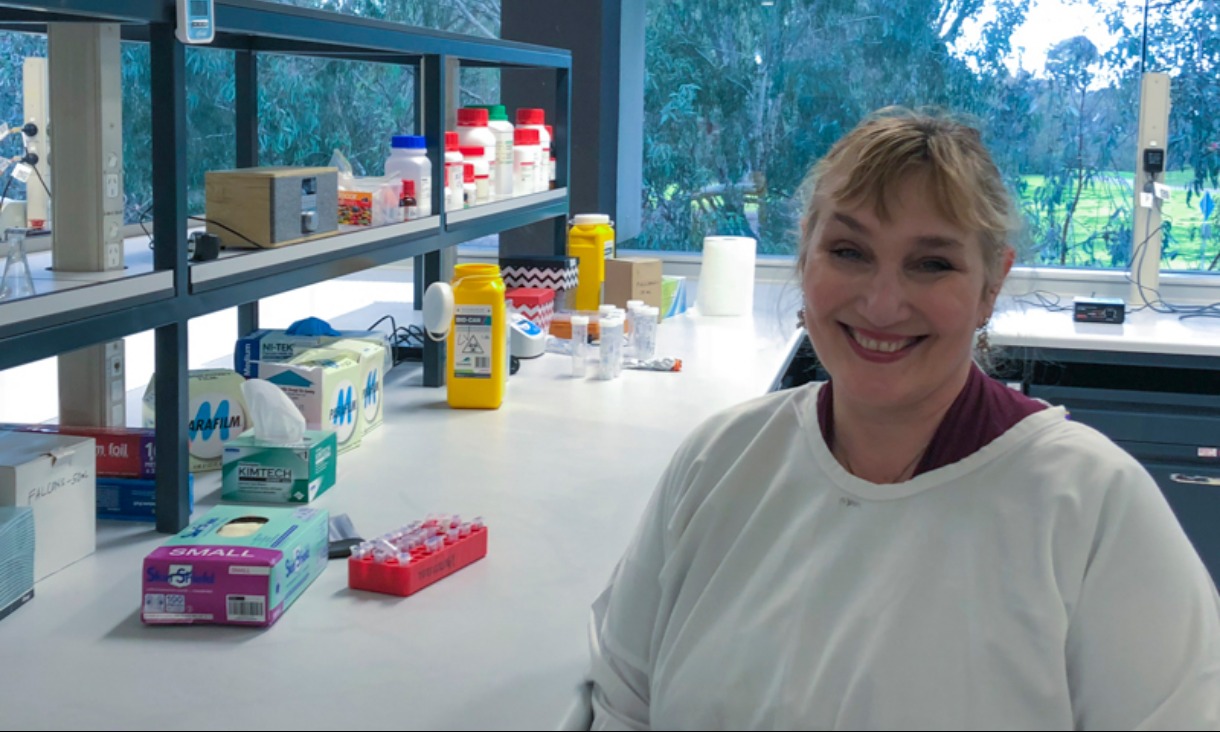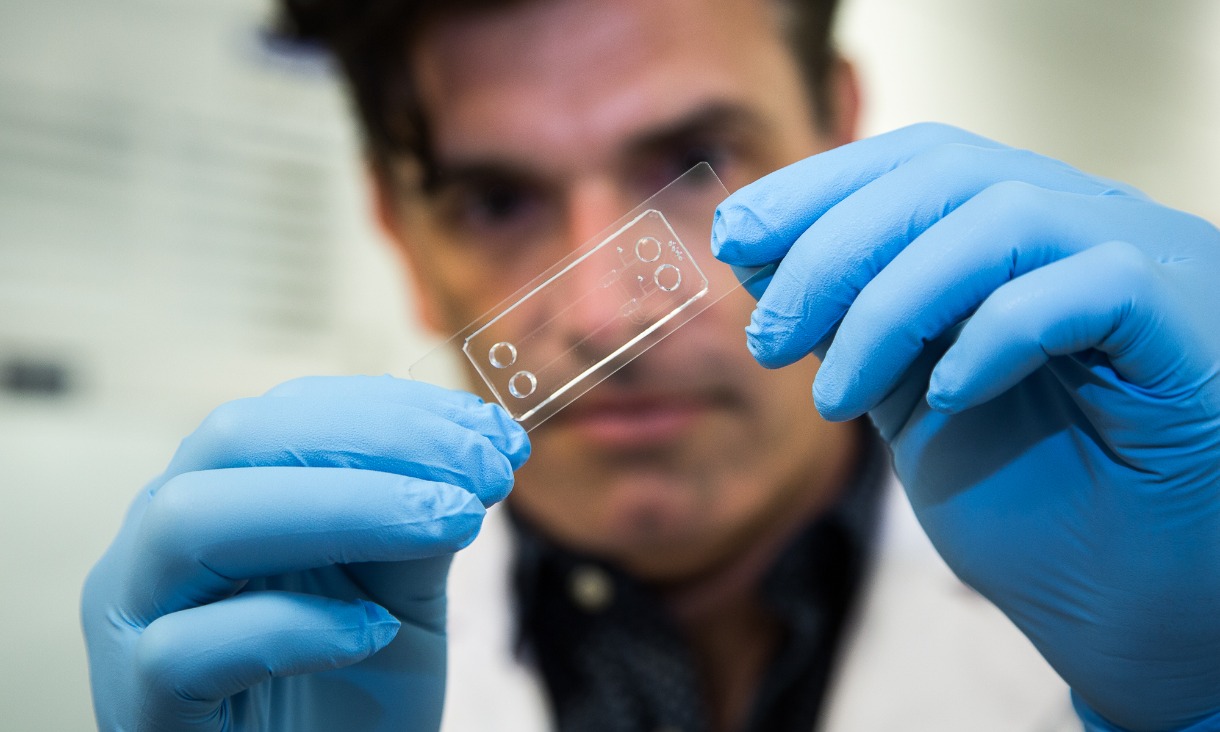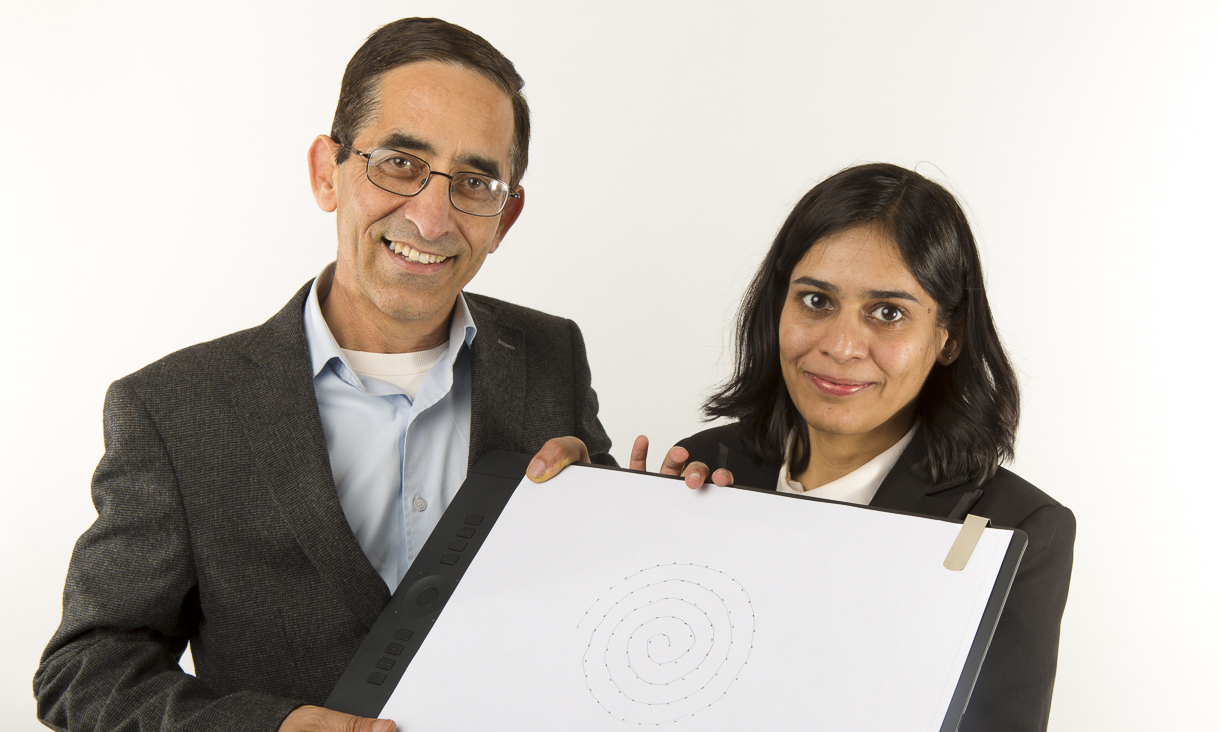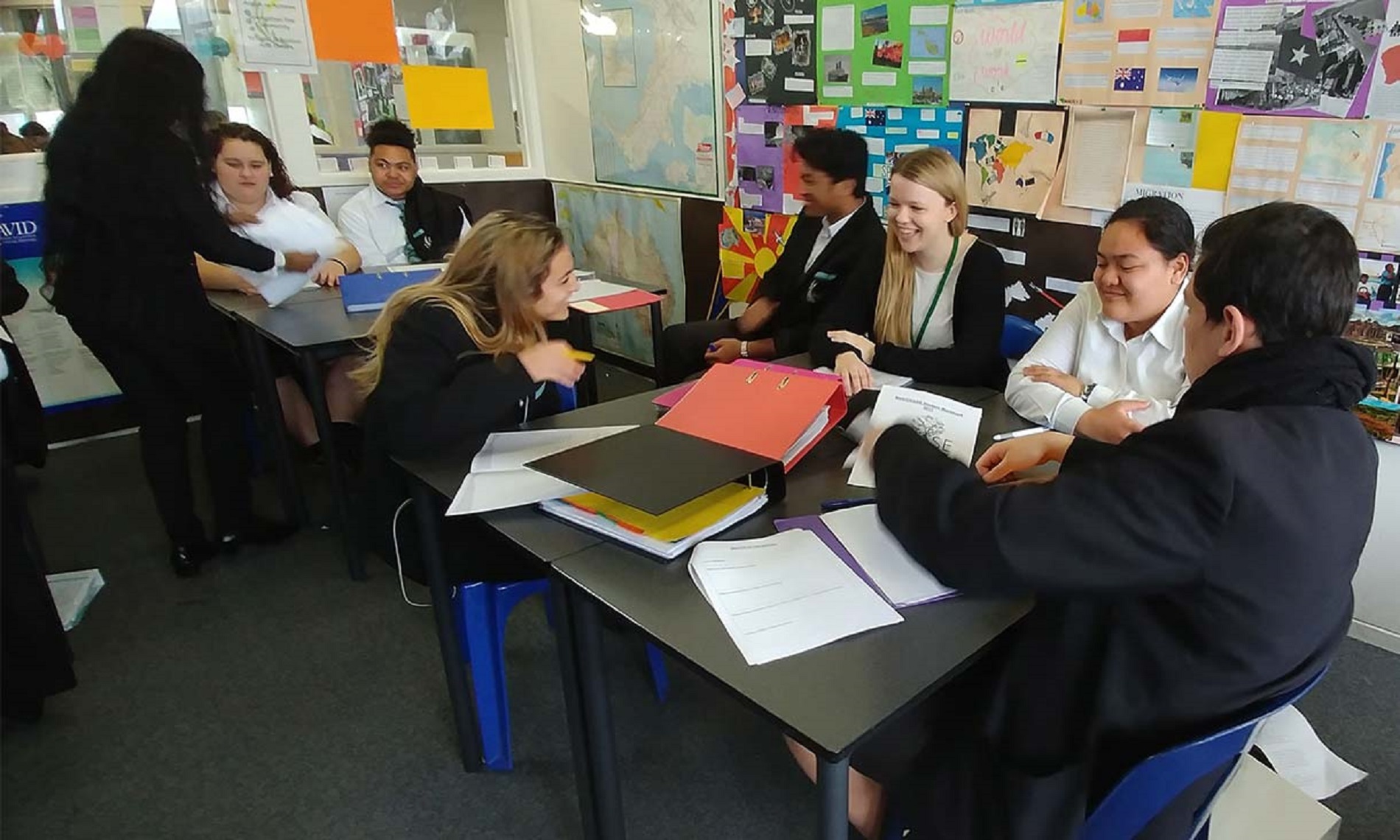Five ways junk food changes your brain
We know junk is bad for us, but we eat it anyway. RMIT neuroscientist Dr Amy Reichelt explains why junk foods are refined to hit you right in the sweet spot – your brain.
New diagnostic tool spots first signs of Parkinson’s disease
RMIT researchers have developed the first tool that can diagnose Parkinson’s disease when there are no physical symptoms, offering hope for more effective treatment of the condition.
New partnership in health innovation connects Australia and Spain
Innovative therapy to assist with brain injury rehabilitation is extending to Spain as part of a new agreement between RMIT and one of the country’s largest teaching hospitals.
Student mentors making a difference in youth health education
When RMIT students take to the classroom as volunteer mentors for an innovative health education charity, youth and community reap the benefits.





.jpg)
